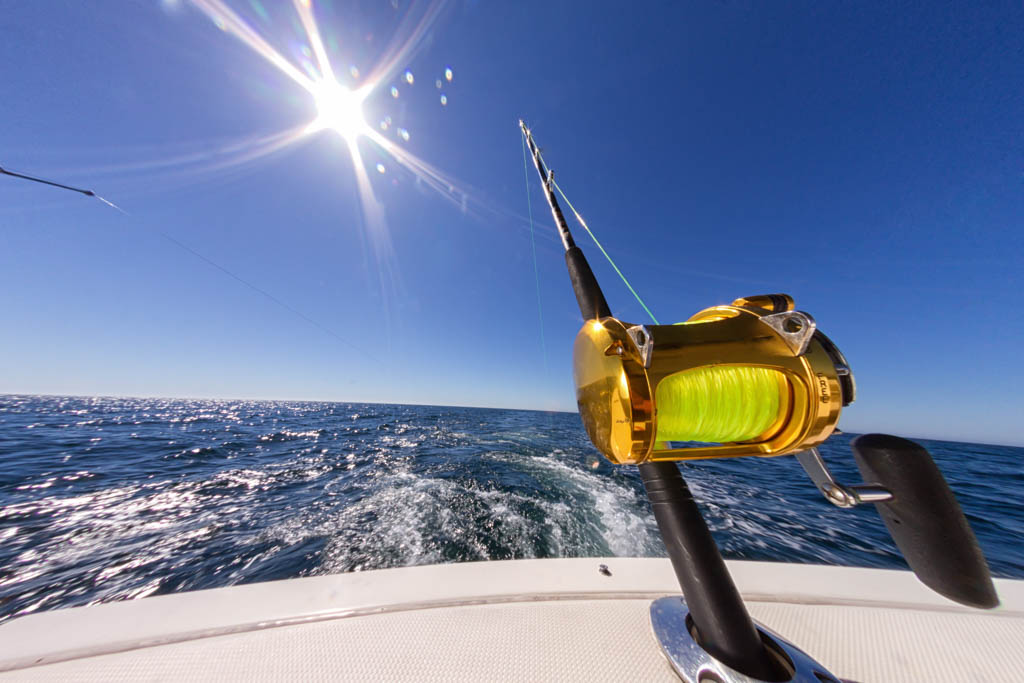The following is adapted from “Founder, Farmer, Tinker, Thief.“
There’s a classic story about a businessman and a fisherman in which the vacationing businessman hires the fisherman to take him out on the water for the day.
They have a lot of fun, catch a few fish and share some stories. At the end of the day, the businessman hands the fisherman some money and asks, “So what are you going to do next?”
The fisherman says, “I’ll go and take a nap. Then I’ll meet my friends at a little bar. We’ll drink wine, and I’ll play the guitar, and we’ll all sing songs. I’ll go home, make love to my wife, and sleep in tomorrow. Then I might get a late breakfast and go fishing awhile.”
“You know, you could charge a lot more than you do,” the businessman replies. “Guys like me could pay twice as much.”
The fisherman shrugs and asks, “What would I do with the money?”
The businessman says, “Well, you could buy a nicer, bigger boat.”
“And then what?”
The businessman thinks for a moment and answers, “Well, you could take twice as many people at a time. You could make even more money and hire someone to help you.”
The fisherman nods and says, “That sounds pretty good. Then what?”
“Well, eventually, you could own two boats—maybe a whole fleet! You’d hire captains to run the boats for you and make a killing!”
“That sounds great! Then what?”
“Well, you’d try to sell off the big company or open franchises in other destinations. You’d be rich!”
“Wow,” says the fisherman. “What would I do then?”
To which the businessman acknowledges, “Well, you could retire to a little beach somewhere, drink wine and play your guitar all night, sleep late, and maybe do a little fishing.”
Wealth Takes Many Forms
It’s a quaint story, and I think of it every time I catch myself putting the pursuit of money ahead of something more important, like my family or my perfect day. This tale of the businessman and the fisherman reminds me that wealth takes different shapes. Material ownership is a part of it, of course, but real wealth is freedom:
- Freedom of time—The ability to choose how you invest your day.
- Freedom of experience—The opportunity to immerse yourself in new places, new cultures and new adventures.
- Freedom of finances—Self-reliance, security and the knowledge that you’ll sleep in a warm bed with a full belly—and the confidence that your position won’t change tomorrow.
- Freedom of choice—Independence, agency and the power to decide your own path.
- Freedom of pursuit—The opportunity to dedicate yourself to fulfilling your real potential.
- Freedom of generosity—The chance to share and lift others up.
- Freedom of mindset—Abundance, patience, peace. Escape from a mentality of competition, jealousy and comparison.
- Freedom of commitment—The ability to commit time and resources for as long as necessary.
- Freedom of legacy—The opportunity to leave a multigenerational platform of service or support, to write your own story and to affect the minds of future generations.
- Freedom of health—Controlling your own mobility. Freedom from the bonds of medication, weakness or mental decline.
Of Money and Wealth
The fisherman in our story had elements of wealth.
Though cash poor, he had the freedom of time and chose where to allocate his hours every day. He could spend time with his wife and community every evening, which allowed him to feel important as a husband and friend. He had his health and access to clean air and lots of sunlight. And he spent his days doing what most of us would do on vacation. In fact, money might be the only element of wealth he lacked.
So why didn’t the businessman consider him wealthy?
The answer, of course, is capital. Money is the great enabler, and most of the other facets of wealth require it. Money creates time, funds a business’s growth and expansion, and money serves.
But money alone isn’t wealth.
It’s just one shape wealth takes.
For more advice on business ownership, get “Founder, Farmer, Tinker, Thief” on Amazon.

